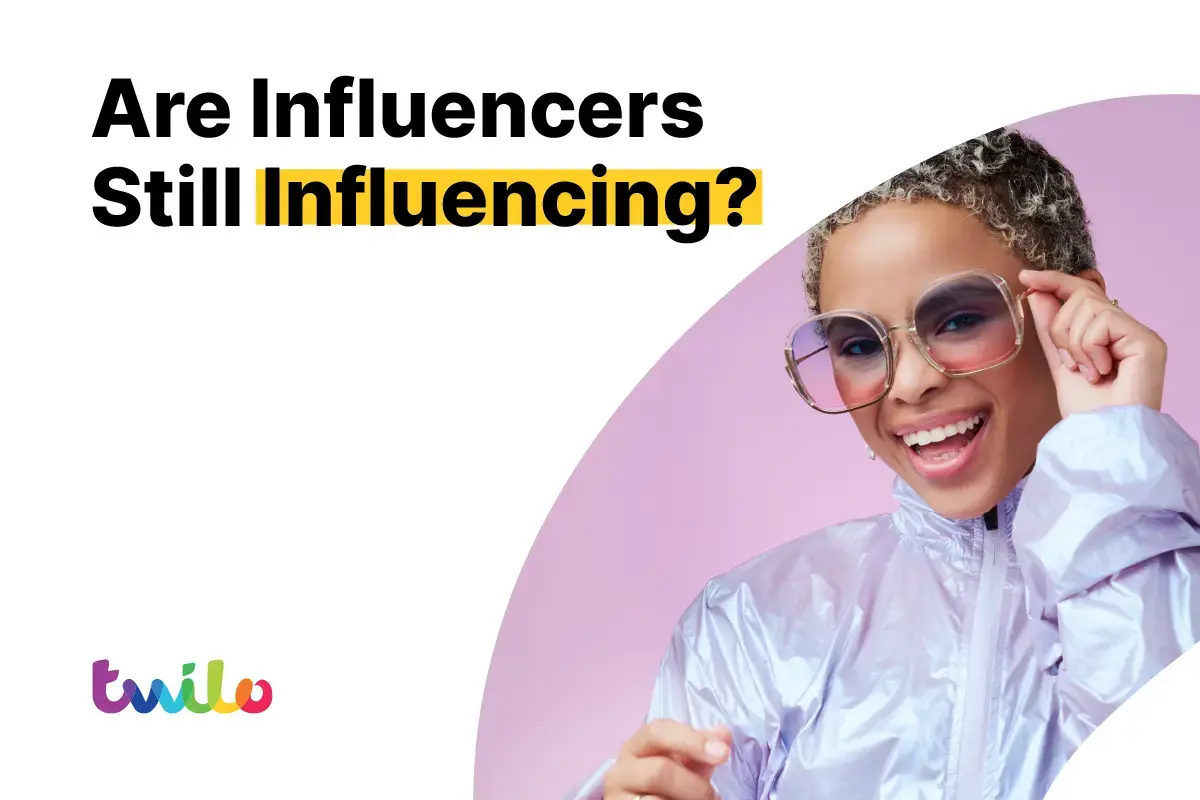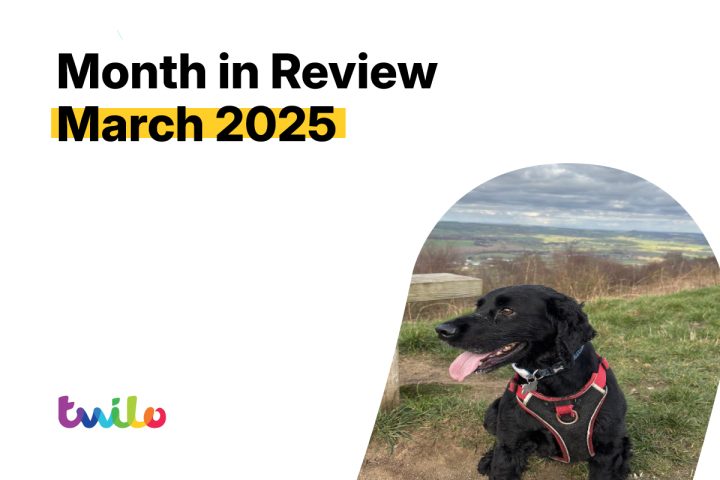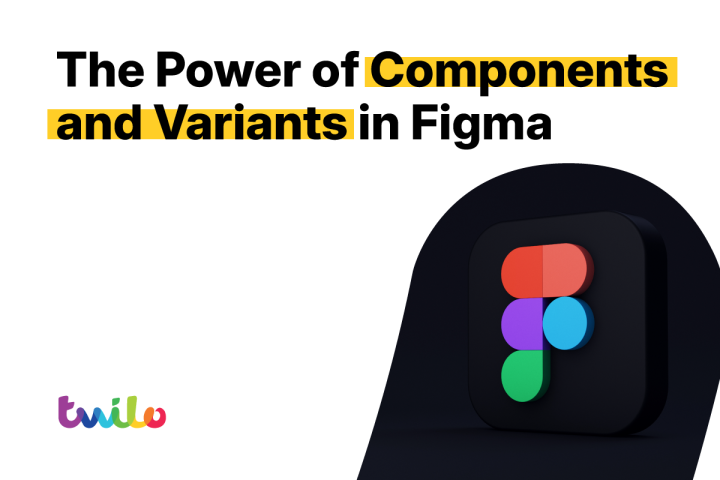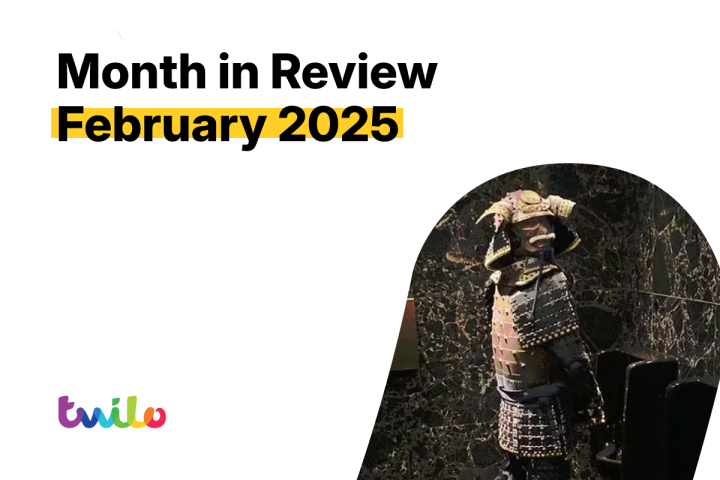First of all, what is influencer marketing?
Influencer marketing is a form of social media marketing where brands partner with individuals (influencers) who have a strong and loyal following on social media platforms. These influencers promote the brand’s products or services to their audience, leveraging their influence and credibility to boost the brand’s visibility, trustworthiness, and sales.
Examples of influencer brand campaigns that have been very successful include:
- Joe Wicks – Gousto
- Mrs Hinch – Multiple cleaning brands such as Lenor, Flash & Febreze
- KSI – Prime Drinks
- Jack Maynard – ASOS
- Stacey Solomon – Asda / George and Air Wick
Key Aspects of Influencer Marketing:
- Authentic Promotion: Influencers often create content that showcases the product or service in a natural, relatable way, which can feel more authentic than traditional ads.
- Audience Targeting: Brands can choose influencers whose audience aligns closely with their target market, increasing the relevance of the promotion.
- Content Types: Influencer marketing can involve various content formats, such as sponsored posts, product reviews, unboxings, tutorials, giveaways, and more.
Influencer marketing has become a powerful strategy because consumers increasingly trust peer recommendations over traditional advertising.
Influencer marketing works because it can:
- Build trust and credibility
- Influencers have a loyal following and their honest feedback about a product or service is perceived as a genuine testimonial. This can help strengthen a brand’s reputation and credibility.
- Reach a wider audience
- Influencers can introduce a brand to new audiences who may not have been familiar with it.
- Create authentic campaigns
- Influencers have earned the trust of their followers, so campaigns that feature them can feel more authentic than traditional methods.
- Bypass traditional advertising skepticism
- Influencer marketing can get people to talk about a brand’s product or service without the brand telling them to.
- Access niche communities
- Influencers often have a niche audience, so brands can target people who are already interested in their products or services.
- Be cost-effective
- Businesses can earn a significant return on their investment if they partner with the right influencers.
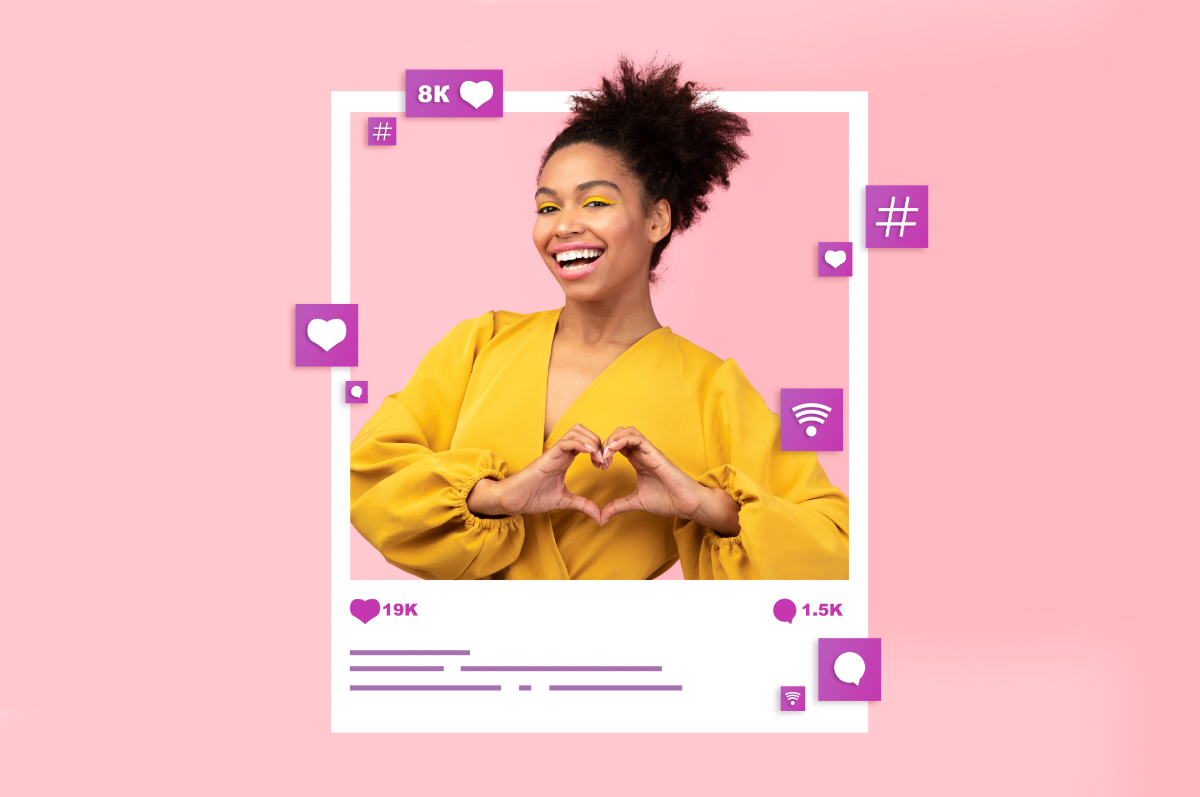
Honest marketing and authenticity
As with a word-of-mouth recommendation, end users prefer a tried and tested product or solution. Shying away from fake adverts and unrealistic promises, consumers now more than ever want real and honest reviews and opinions. 90% of millennials agree that brand authenticity is key when making purchasing decisions.
Influencers can gain a very loyal following, as such, they build trust with their audiences. A recent report states that 7 in 10 consumers are likely to trust a friend, family member, or influencer recommendation over information coming from a brand.
According to The 2024 Influencer Marketing Report, almost half of all consumers (49%) make purchases at least once a month because of influencer posts; and almost all consumers (86%) make a purchase inspired by an influencer at least once a year.
The rise of de-influencing
As the popularity of influencers rises, so does the role of the de-influencers.
As the above, influential creators voice their opinions and try to discourage their followers from purchasing a brand. Highlighting the negatives of a brand of highlighting the more affordable alternatives, also known as ‘Dupes’.
Dupes are all over platforms such as TikTok, promoting a better and cheaper option for a high-end product – makeup is rife with them. Often making the dupe product go viral and sell-out of stores, it seems that de-influencing is here to stay.
Will this trend continue?
With more than a third of UK brands expecting to work with up to 100% more influencers in 2025, the influencer marketing industry is set to continue to grow across Europe over the coming years.
Video usage on mobile phones also is set to increase from a current average of 60 percent of total traffic to a projected 74 percent of traffic at the end of the year.
If you are considering starting an influencer campaign but are not sure where to start, Sprout Social have a great guide here.
If you would like to discuss any of the above or would like any advice regarding using influencers in your marketing campaigns, please get in touch today.
- Tel: 0113 898 0800
- Email: studio@twilo.net

